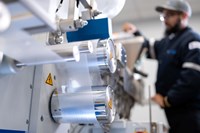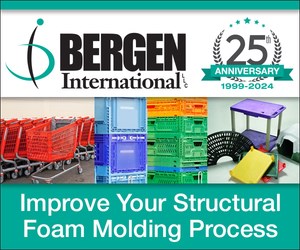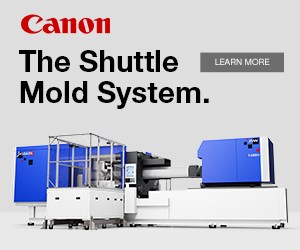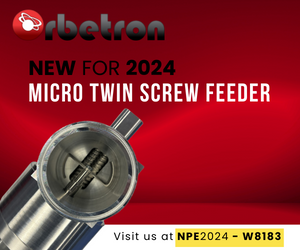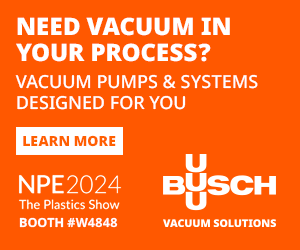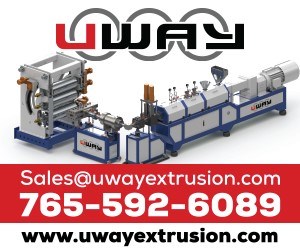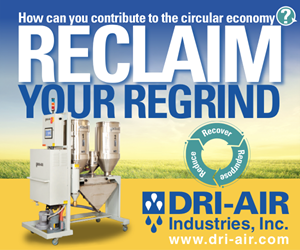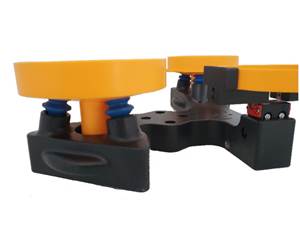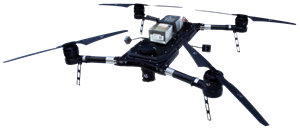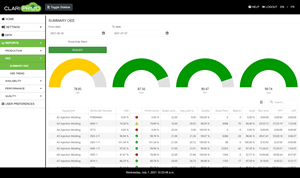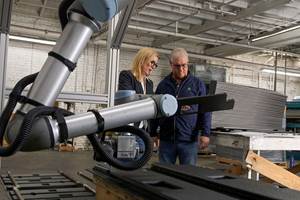All-Electric Plant Gets World-Class Results
In mid-2004, Delphi Connection Systems, part of Tier 1 automotive supplier Delphi Corp.’s Packard Electric operations, flipped the switch on a new 190,000-sq-ft, $58-million plant in Vienna Township, Ohio.
In mid-2004, Delphi Connection Systems, part of Tier 1 automotive supplier Delphi Corp.’s Packard Electric operations, flipped the switch on a new 190,000-sq-ft, $58-million plant in Vienna Township, Ohio. It was designed to set a new benchmark as a “world-class” molding plant. Two years later, the results are in: Vienna has delivered “unprecedented performance levels,” says Ken Ellsworth, manager of North American molding operations. It has helped Delphi retain its position as the largest supplier of interconnect products to the U.S. automotive industry.
Vienna, or Plant 47, was designed to build on the success of Delphi’s star facility in Cortland, Ohio, which opened in 2000 and became the template for all Delphi injection molding plants. The award-winning Cortland plant has 120 hydraulic presses and an advanced material-handling system that makes it possible to produce 1 billion precision-molded parts and housings a year with less than 1 ppm defect rate. “The goal of the Vienna plant was to achieve even higher levels of production than the landmark Cortland operation, with a wider material product mix, while reaching the same high standards in quality,” says Ellsworth.
In 2005, its first full year of operation, the Vienna plant produced 1.1 billion parts using 26 different resin families and 95 different material compounds, totaling 12 million lb of resin. The plant molded over 600 different part types in a wide range of sizes, with many having wall thicknesses under 1 mm together with large external features. At the same time, Vienna maintained a defect rate of just 0.8 ppm for nearly the entire year. “Just one glitch took us to single-digit ppm,” says Ellsworth.
Despite the large number of materials to handle and the high throughput, the Vien-na plant shipped more than 700,000 containers last year and attained better than 99.9% on-time delivery of parts to more than 100 customers. Compared with Cortland, Vienna scored a 10% reduction in molding cycle time and 28% lower energy consumption, even though the plant is 50,000 sq ft larger.
All-electric & automated
Just eight operators per shift are needed to run the plant’s 120 all-electric presses 24/7 at such a high performance level. Delphi installed Fanuc Roboshot Si-B all-electric presses (plus four more in a lab for tooling and resin trials) from Cincinnati Milacron, Batavia, Ohio. This was Delphi’s first experience with all-electric machines, and Milacron’s largest order in its history. It made the Vienna plant the largest all-electric facility in the world.
“The electric presses not only trimmed energy costs, but they eliminated costs of hydraulic fluid, hydraulic system maintenance, fluid storing, disposal, clean-up, and issues of potential spills,” says Ellsworth. Robots from Remak of North America, Itasca, Ill., handle the sprues, runners, and parts. Automated guided vehicles (AGVs) pick up parts from the machines and deliver them to shipping areas.
Delphi worked with Novatec Inc., Baltimore, to develop one of the world’s most sophisticated materials-handling systems for resin conveying, blending and drying. The system, with more than 16 miles of piping, handles up to 32 materials at a time.
The Vienna plant is split into two “regions,” with 60 presses producing parts from polypropylene and TP polyester, and another 60 presses molding similar parts from nylon and high-temperature materials. The materials-handling system uses barcode matching to ensure delivery of the correct material to the correct machine, and it controls and monitors all conveying, blending, and scrap regrinding operations.
Delphi “tweaked” the control system of the presses to network its molding operation with the general manufacturing computer system. All operators and support personnel have access to real-time information on orders, equipment performance, shipping schedules, material and parts inventory, quality is-sues, and more. Delphi is installing electric injection machines and implementing similar material-management strategies at a molding plant in Mexico. Its plant in Shanghai, China, is also being outfitted the same way, though Delphi will use Sumitomo all-electrics there.
Related Content
Ensuring Repeatability: The Key to Effective Injection Molding Automation
One of automation’s key promises is repeatability: the same movement to the same location, time and time again. But to achieve that, all elements involved — robot, machine, EOAT, mold — must be in and stay in alignment.
Read MoreDrones and Injection Molding Ready for Takeoff
Drones and unmanned aerial vehicles (UAV) are approaching an inflection point where their production volumes — and functionality — will increasingly point to injection molding.
Read MoreReal-Time Production Monitoring as Automation
As an injection molder, Windmill Plastics sought an economical production monitoring system that could help it keep tabs on its shop floor. It’s now selling the “very focused” digital supervisor it created, automating many formerly manual tasks.
Read MoreCobot Creates 'Cell Manufacturing Dream' for Thermoformer
Kal Plastics deploys Universal Robot trimming cobot for a fraction of the cost and lead time of a CNC machine, cuts trimming time nearly in half and reduces late shipments to under 1% — all while improving employee safety and growth opportunities.
Read MoreRead Next
For PLASTICS' CEO Seaholm, NPE to Shine Light on Sustainability Successes
With advocacy, communication and sustainability as three main pillars, Seaholm leads a trade association to NPE that ‘is more active today than we have ever been.’
Read MoreMaking the Circular Economy a Reality
Driven by brand owner demands and new worldwide legislation, the entire supply chain is working toward the shift to circularity, with some evidence the circular economy has already begun.
Read MorePeople 4.0 – How to Get Buy-In from Your Staff for Industry 4.0 Systems
Implementing a production monitoring system as the foundation of a ‘smart factory’ is about integrating people with new technology as much as it is about integrating machines and computers. Here are tips from a company that has gone through the process.
Read More



